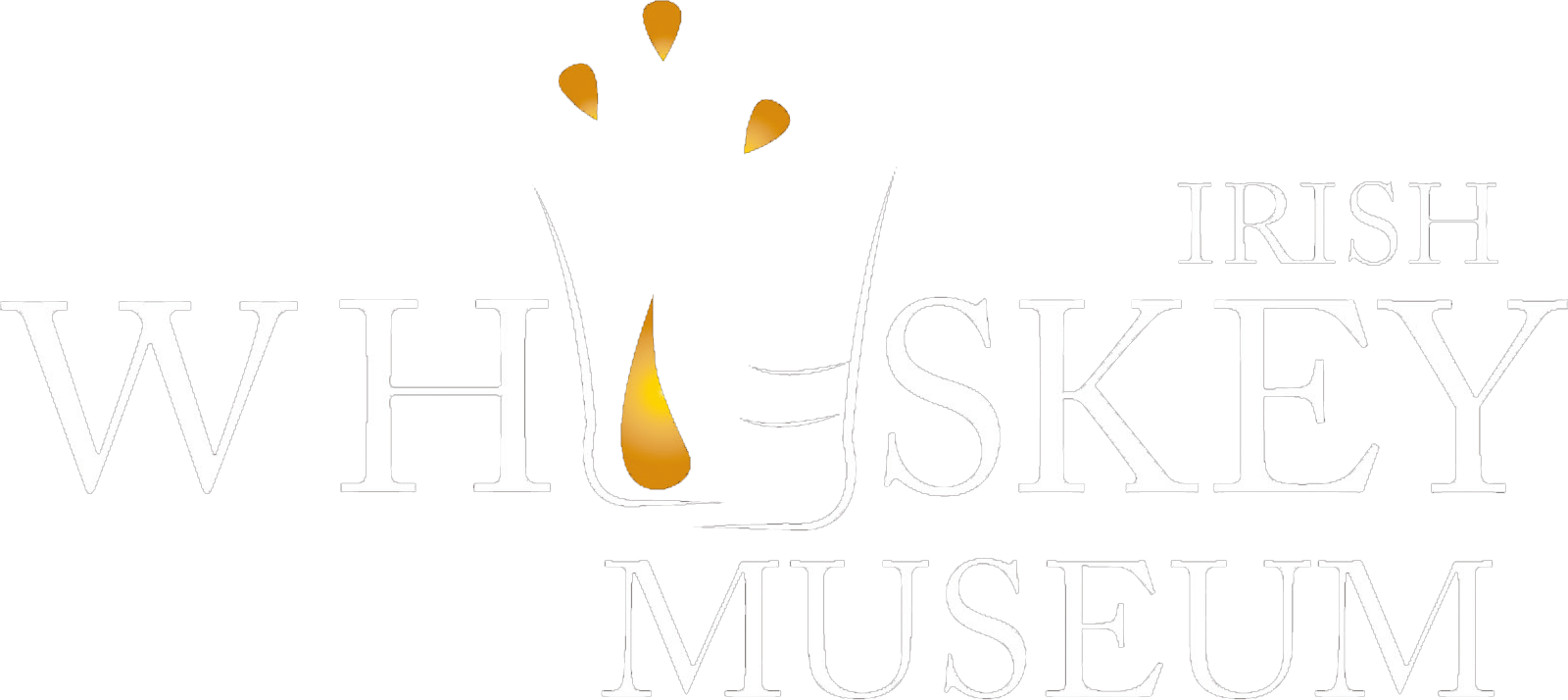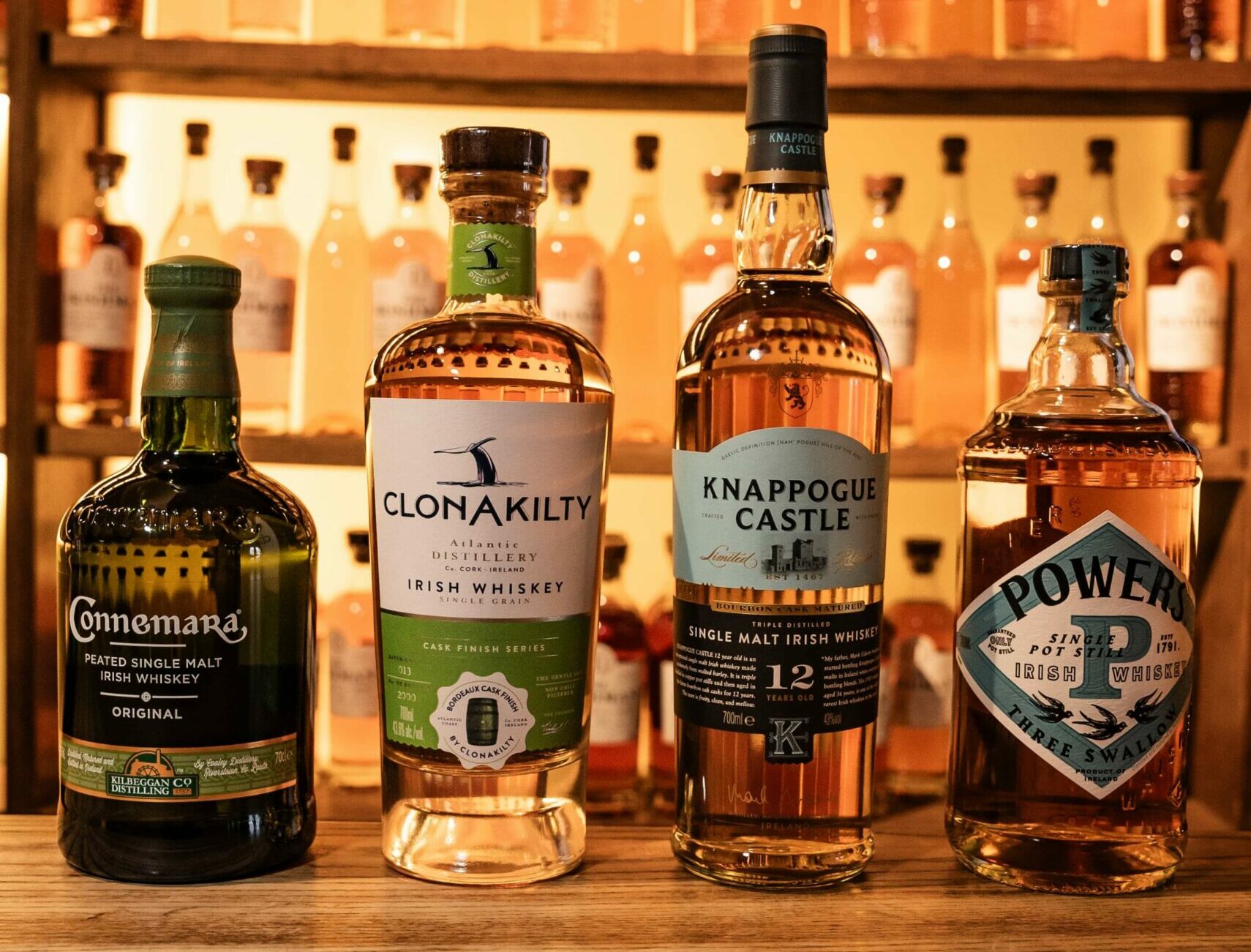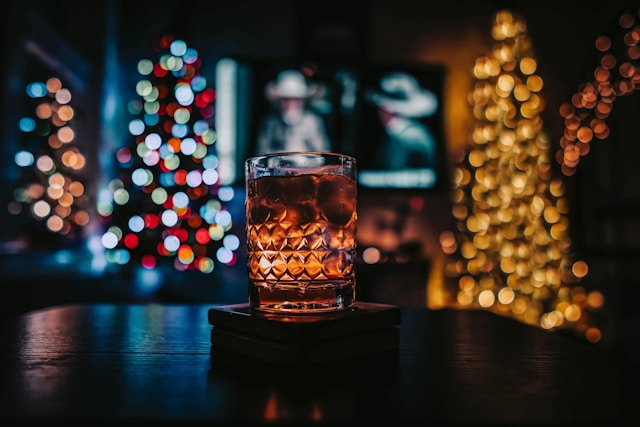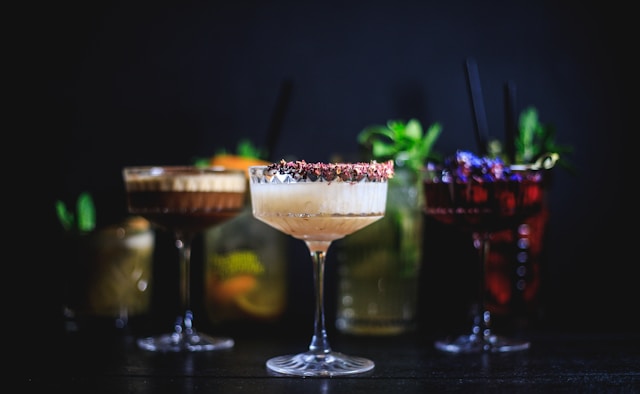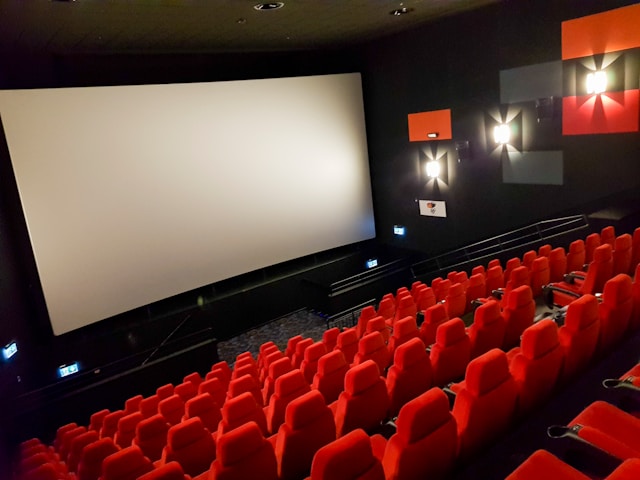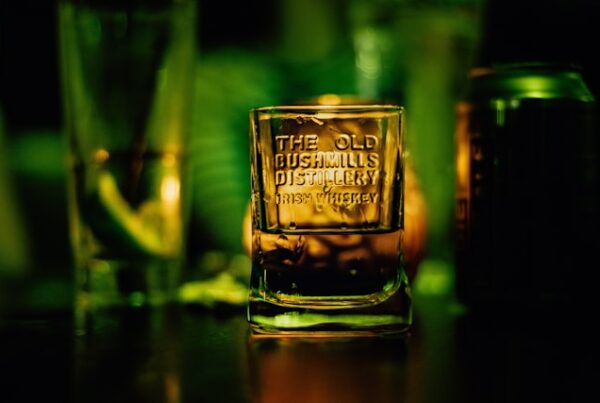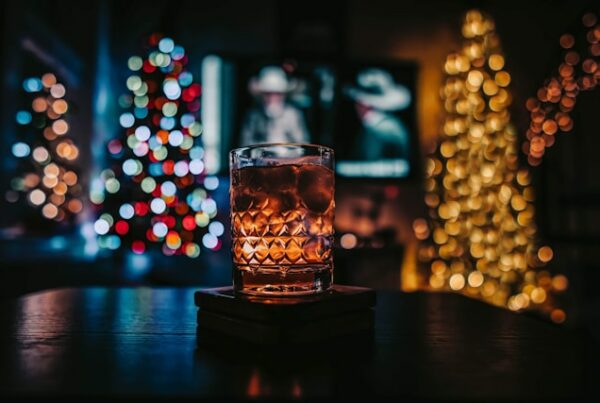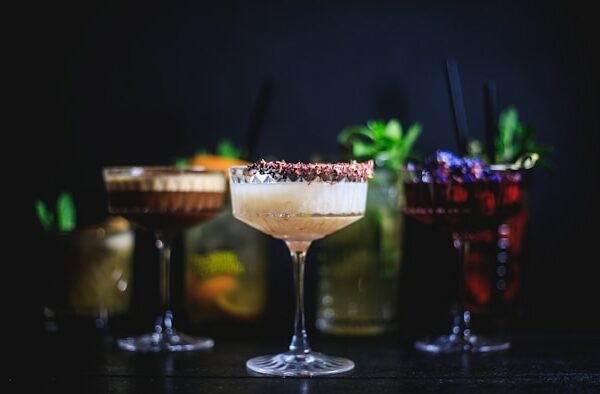Whiskey, or whisky depending on where it’s made, is undoubtedly one of the world’s most beloved spirits. With its rich history and complex flavors, it has become a symbol of craftsmanship and tradition. Yet, the question of its origins remains a topic of debate. Did the Irish or the Scots invent whiskey?
Even though we might be a bit biased on this issue, we will delve into the intriguing history behind this age-old question. And we’ll give you facts and myths about the origin of whiskey.
Did the Irish invent Whiskey? A Tale of Ancient Origins
Ireland has a long-standing tradition of whiskey-making, dating back centuries. The Irish lay claim to the invention of whiskey, citing evidence of distillation techniques being practiced as early as the 12th century by Irish monks.
It is believed that they originally brought the technique from their travels to southern Europe. There it was used for distilling perfumes. The Irish, however, modified it to create a drinkable spirit.
They used the early distillations primarily for medicinal purposes, known as “uisce beatha,” meaning “water of life” in Gaelic. The term is also the origin for the name whiskey. Today, the name Irish whiskey is only granted to whiskeys that are distilled and matured in wooden casks in Ireland for a minimum of three years and one day.
It might be, that the extra day derived from Scottish Whisky having to be matured for three years.
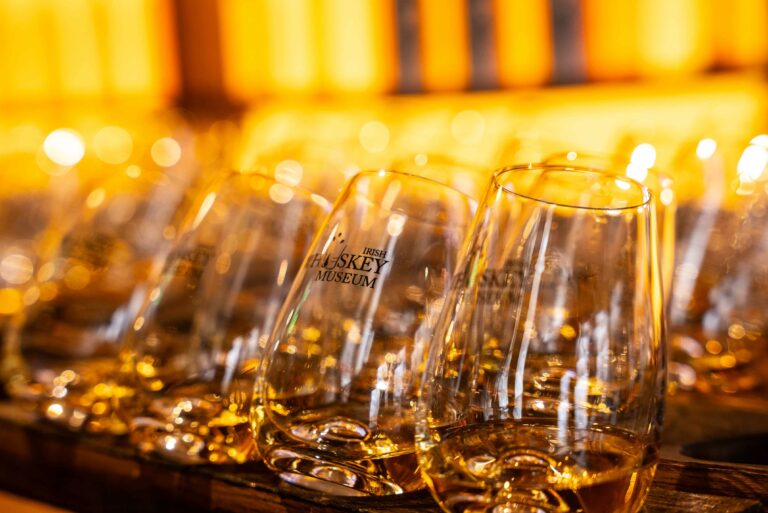
Even though there aren’t many official records of early whiskey production in Ireland, as much was orally transmitted, the oldest document of whiskey in Ireland dates back to 1405. Across Europe, Irish whiskey gained popularity during the Middle Ages. By the 17th century, whiskey production had become a thriving industry in Ireland, with distilleries dotted throughout the countryside. In 1608 licensed distillation started.
Established in 1757, Kilbeggan Distillery holds the title of the oldest distillery in Ireland, running still today. And in the 19th century, the Dublin distilleries became the largest in the world.
The Scottish Claim: A Pioneering Tradition
Another famous whiskey, or in this case whisky, is from Scotland. The Scottish also claim to be its origin. The earliest record of distillation in the country is from 1494. However, historical records suggest that Scottish monks, inspired by their Irish counterparts, began distilling spirits in monasteries during the late medieval period.
Still, it wasn’t until the 15th century that whiskey production became more widespread in Scotland.
It seems the Irish may have laid the groundwork for distillation techniques, which the Scots then used to create their whisky. And there, the spirit truly began to flourish. Scottish whisky, often characterized by its smoky flavor imparted by peat fires during the malting process, gained prominence both domestically and internationally.
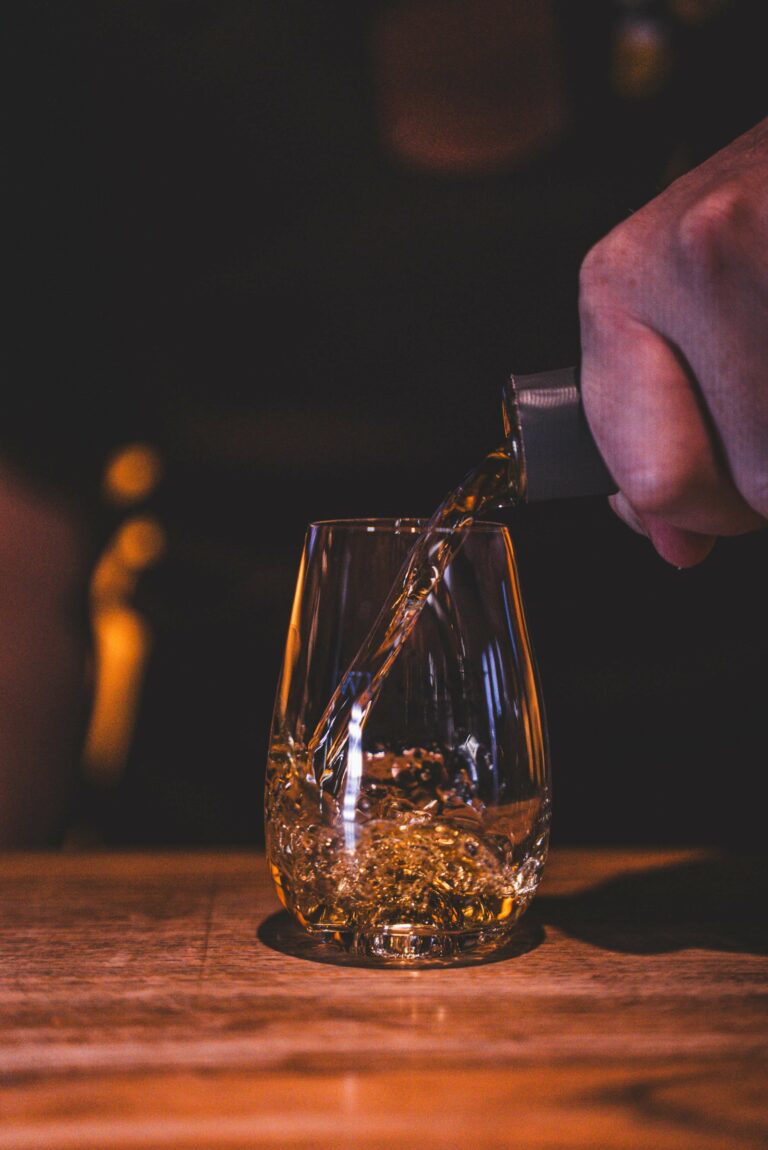
A Shared Heritage
While the debate over who invented whiskey may never be definitively settled, one thing is clear: Both Ireland and Scotland have played integral roles in shaping its history and culture. It is likely that the true origin of whiskey is intertwined with the shared Celtic heritage of the Irish and the Scots.
The exchange of knowledge and techniques between these neighboring countries undoubtedly contributed to the development of the beloved spirit.
A Toast to Tradition
In the end, whether you raise a glass of Irish whiskey or Scottish whisky – however we’re still speaking in favour of Irish whiskey here – it’s important to appreciate the rich heritage and craftsmanship behind this iconic spirit. After all, the debate over its origins only adds to the mystique of whiskey, reminding us of the centuries-old tradition.
So, the next time you sip on a glass of whiskey, take a moment to think about its storied past. Sláinte!
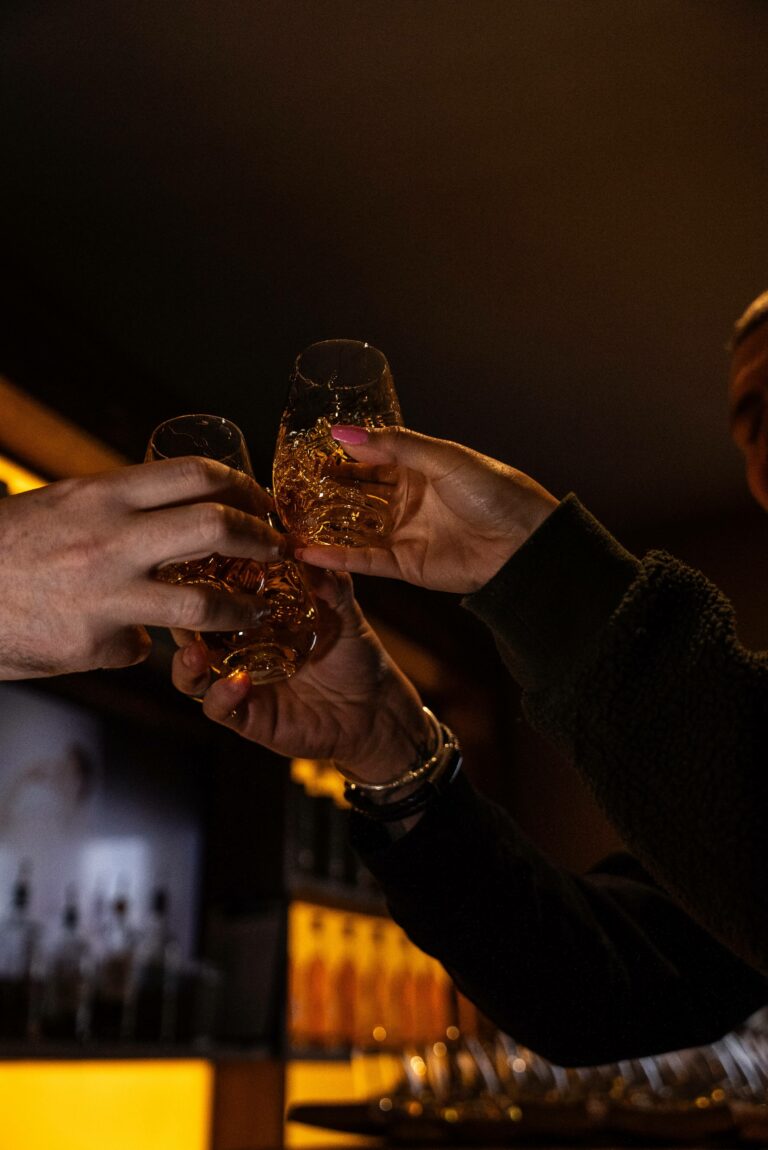
If you want to know more facts and fiction about the history and invention of Irish Whiskey and its production, make sure to visit us here at the Irish Whiskey Museum and enjoy one of our tours. Our guides will tell you more about terms like Angel’s Share, famous distilleries and the origin of the Irish wake.
